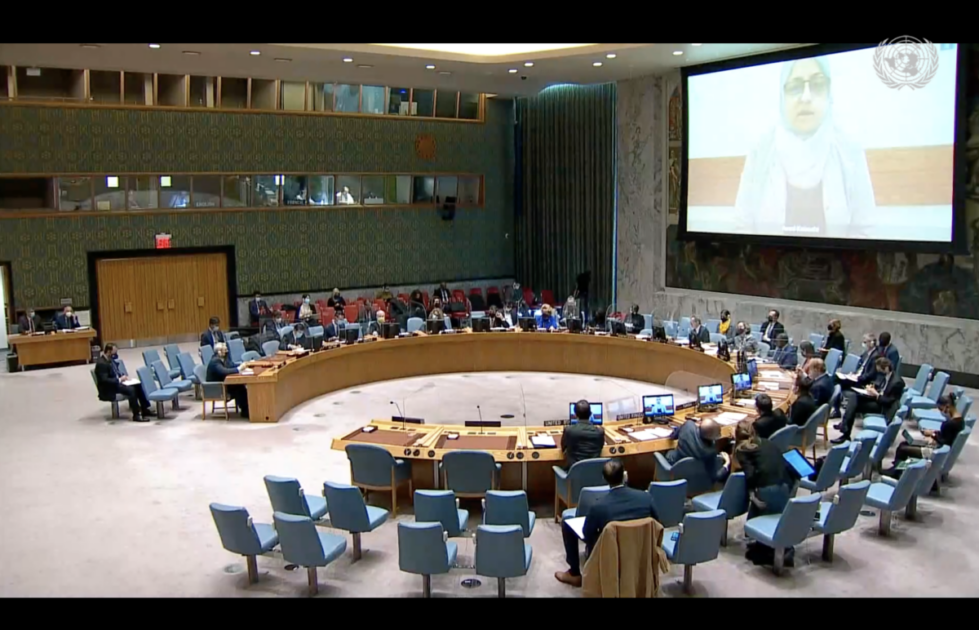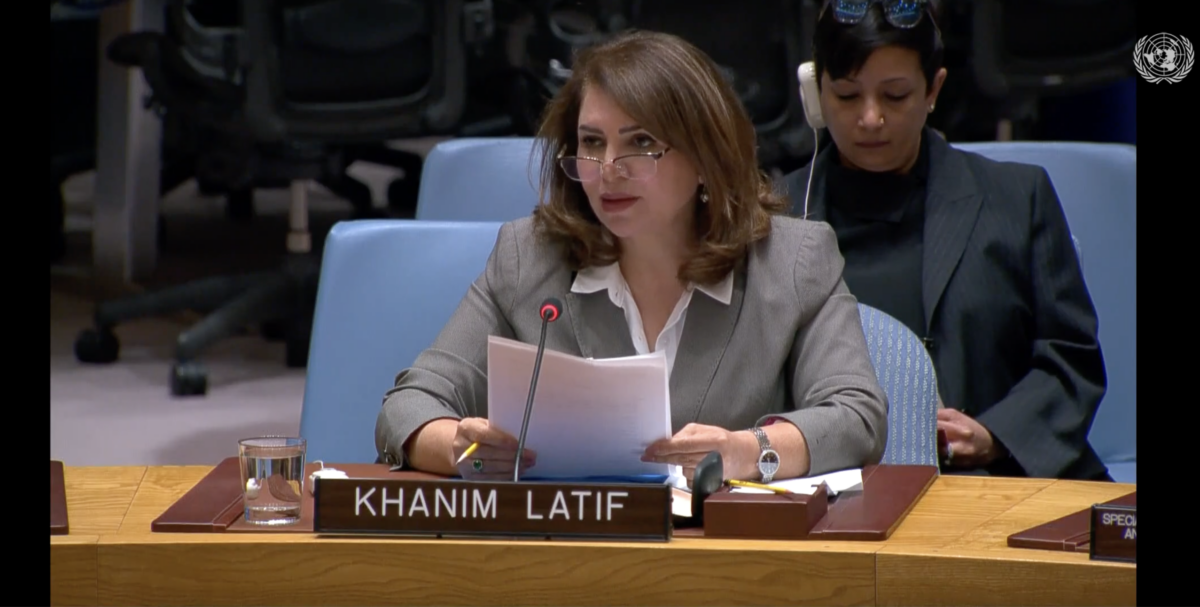Iraq
Iraq
Women are crucial allies to the efforts to eliminate extremism in Iraq. The Islamic State of Iraq and the Levant (ISIL) has contributed to a political landscape in Iraq historically characterized by sectarianism, ineffective judicial systems, high levels of government corruption, and high rates of violence against women, including sexual and gender-based violence. ISIL continues to use sexual and gender-based violence and rape as weapons of war— and targets women, particularly Yazidi women and other non-Shiite minorities, for sexual slavery among fighters.
Iraq acceded to the Convention on the Elimination of all Forms of Discrimination against Women (CEDAW) in 1986, launched the National Strategy on Combating Violence against Women in 2013, and launched its National Action Plan pursuant to Resolution 1325 in 2014. Iraq’s National Action Plan was the first launched in the Middle East. The Ministry of Women’s Affairs in Iraq has also developed a National Strategy for the Advancement of Iraqi Women, but due to the political climate it hasn’t been effectively implemented; similarly, laws banning forced and early marriages are rarely enforced.
Based on the work of NGOWG members and their partners, the NGOWG advocates for the Government of Iraq to clarify their shelter policies, in order to allow and support Iraqi NGOs in their efforts to operate shelters and provide much needed services to survivors of SGBV. Further, the NGOWG urges the Security Council to ensure that the United Nations Assistance Mission for Iraq (UNAMI) is regularly engaging with women’s organizations, and will continue to take concrete steps to support women’s participation in all peace and security processes.
Current and Past Recommendations to the UN Security Council (Monthly Action Points)
The establishment of an Investigative Team under resolution 2379 (2017) is an important step towards calling for accountability for crimes committed against civilians by ISIL. The Council should ensure that the Investigative Team has sufficient resources to thoroughly investigate crimes committed by all parties to the conflict. The Council should call for the expansion of current documentation and reporting requirements in the mandate to cover all gender-based crimes, including crimes against women human rights defenders, LGBTIQ persons, men and boys, and those persecuted for defying prescribed gender roles. In this regard, the Council should request an update on the implementation of the UN-Iraq Joint Communiqué on the prevention of and response to conflict-related sexual violence. The Council should also include language in the mandate calling on the Investigative Team to collaborate and consult with women’s civil society organizations to ensure their meaningful access to justice. The Council should further call on the Investigative Team and the Government to work with women’s civil society to ensure survivors have access to support services and to pass the draft Family Violence Protection law.
Relevant Resources









